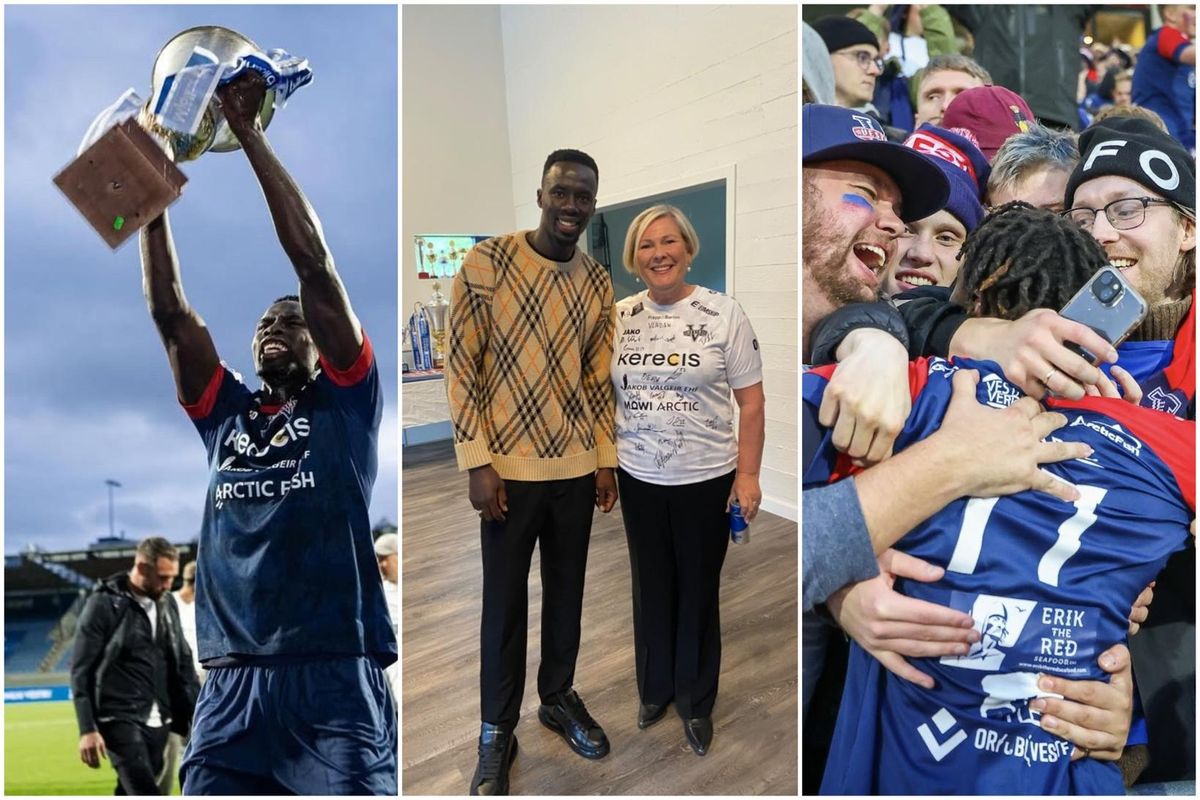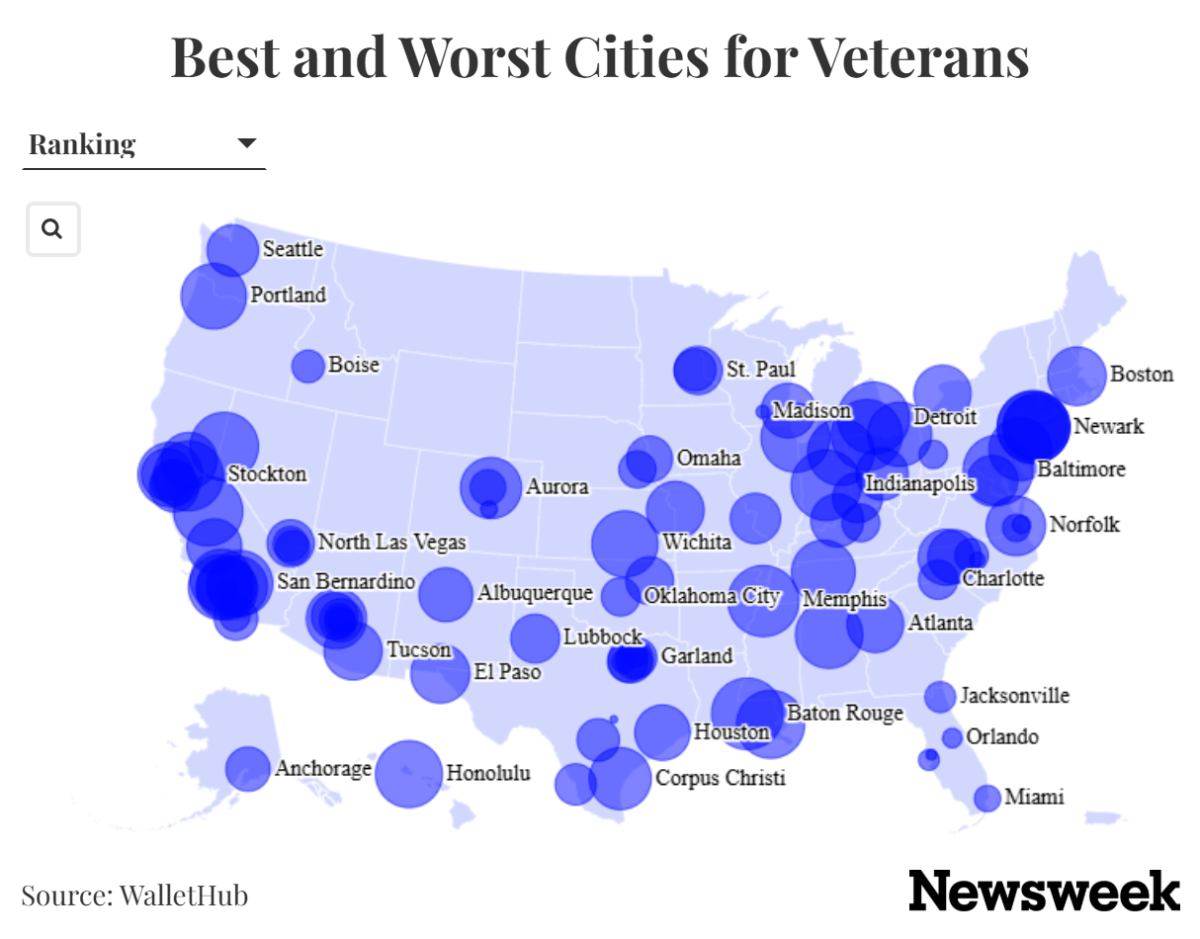Copyright mbl

“Everything I’ve ever looked for in life, I found in Iceland. Somehow, I got to experience what it feels like to belong here.” So says Senegalese-born Sergine Modou Fall, who ended up in Iceland by coincidence ten years ago. He now lives in Ísafjörður, where he plays football with Vestri’s men’s team and has built a family with children of his own. In recent months, he has been working to establish a charity organization aimed at supporting children and young people in his hometown in Senegal through sports, education, and health. “In the beginning, my life was unstable” Fall was born in the city of Kemeber, Senegal, in 1993. Shortly after his birth, his parents got the opportunity to move to Italy, which they took — leaving their infant son in the care of his grandfather. “My life was rather unstable in those early years because I was constantly moving from one place to another, and the conditions weren’t the best,” Fall says of his childhood in Senegal. “But my dream was always to play football.” “I played on dusty streets — there were no facilities, no infrastructure for football where I grew up.” Had never played on a real football field When he was twelve, Fall moved to Italy to live with his father and attended school there. The move, however, was not easy. In Italy, he faced new challenges — both at home and outside of it. Because his parents had moved to Europe when he was a baby, he hardly knew them when he finally arrived. “It was difficult to build a father–son connection,” he says. “Outside the home, there was another challenge: Italian wasn’t my first language. In Senegal, we learned French and Wolof, so school was difficult, and it was hard to adapt.” He also wasn’t allowed to compete in football during his first year in Italy because he wasn’t yet registered in the system — and, having never played on a real pitch, that made things even harder. One-way ticket Eventually, Fall gave up his football dream temporarily and focused on his studies, graduating as an electrician in 2013. After graduation, he moved to Spain, where his mother lived, but again found it hard to fit in. “My question was always: Where do I belong? That was my problem — and it had been since I was young.” After some reflection, Fall decided to completely change his life. He bought a one-way ticket to Norway and planned to start over. “I thought I would fly there, stay in a hostel for a few weeks, and hopefully meet someone who could help me,” he recalls. That optimism, he says, comes from Senegal — where people are always willing to help each other. The coach was Icelandic The plan worked better than he could have hoped. A few days after arriving in Norway, he met a fellow Senegalese who introduced him to a local football club in the town of Trobak. The team’s coach was Icelandic — Teitur Þórðarson — who invited him to attend trial practices. In the end, the team decided not to sign him, but Teitur offered to connect him with his brother, who was then coaching Víkingur in Iceland. Víkingur flew him to Iceland for training, but the timing didn’t work out, and the club offered to fly him home. “It’s not like I was some great player” Fall couldn’t bear the thought of returning to Italy or Spain. After speaking with a few people in Iceland, he contacted the coach of BÍ Bolungarvík, who invited him to train with the team — just two days before the transfer window closed. “I met with the coach the next day, and I remember the translator telling me that, unfortunately, I wasn’t really the kind of player who could help them,” Fall recalls. “But that wasn’t true. It’s not like I was some great player or someone who could make a big difference, but I was determined — I had heart and resilience.” “He gave me that chance to be a part of the team” “At that point, I was really fighting for my life,” he continues. “I said that if he gave me a chance, a place to stay, I would fight — fight for my life until I made it. And he agreed. He gave me that chance to be part of the team, and that’s literally where my story began — in every possible sense.” That was in 2015, and since then Fall has lived mostly in the Westfjords, playing with Vestri since the club’s founding. “I got to experience belonging” Asked how his ten years in Iceland have been, Fall says: “Wow — I would say wonderful, truly wonderful. Everything I had been searching for in my life, I found in Iceland. Somehow, I finally got to experience what it feels like to belong.” “That’s something I’d been curious about since childhood — because when you grow up without real guidance, it’s very difficult. And as an immigrant, it’s hard to adapt to a new country. Then, when you go back home, people see you as someone different — not one of them anymore.” “I think a person’s story truly begins when they find a place they belong. My story began in Iceland. I found my family here — I have children and friends.” He says he is eternally grateful to the Westfjords community for welcoming him so openly and says he’s proud to belong to it. “How many children like me?” Despite finding a home in Iceland, Fall hasn’t left Senegal behind. Since 2021, he has worked tirelessly to establish a school in his hometown aimed at empowering children and youth through sports, learning, reading, and health education. Now, together with the Westfjords community, he is creating an Icelandic charity to support this effort and strengthen ties between Iceland and Senegal. “Ever since I started playing football in Iceland, I’ve always thought — how many children like me are there in the world? How many are fighting for opportunities that no one can give them?” he says. Not possible without the Westfjords He emphasizes that the project, which is already underway, wouldn’t have been possible without the help of people in the Westfjords — particularly local contractors, who have been key supporters. Next month, Fall will travel to Senegal with Vestri’s physiotherapist to run training camps for volunteers who will teach children through Sergine’s football school, Prokebs Academy. These camps will focus on training and coaching methods — but also on teaching children about basic health practices. Teaching basic hygiene “You have to teach them about the importance of health and introduce fundamental habits like washing and brushing their teeth. I know that’s not part of daily life there — and many, many children suffer from illnesses that could be prevented if you simply gave them a toothbrush,” Fall says. Finally, he adds that the Icelandic charity also plans to help renovate schools in Senegal. “Many of these children live day to day, with no guidance at all — and there are also many health problems. So if we could combine sports with teaching about health and education, I think it could solve a lot of problems.”



